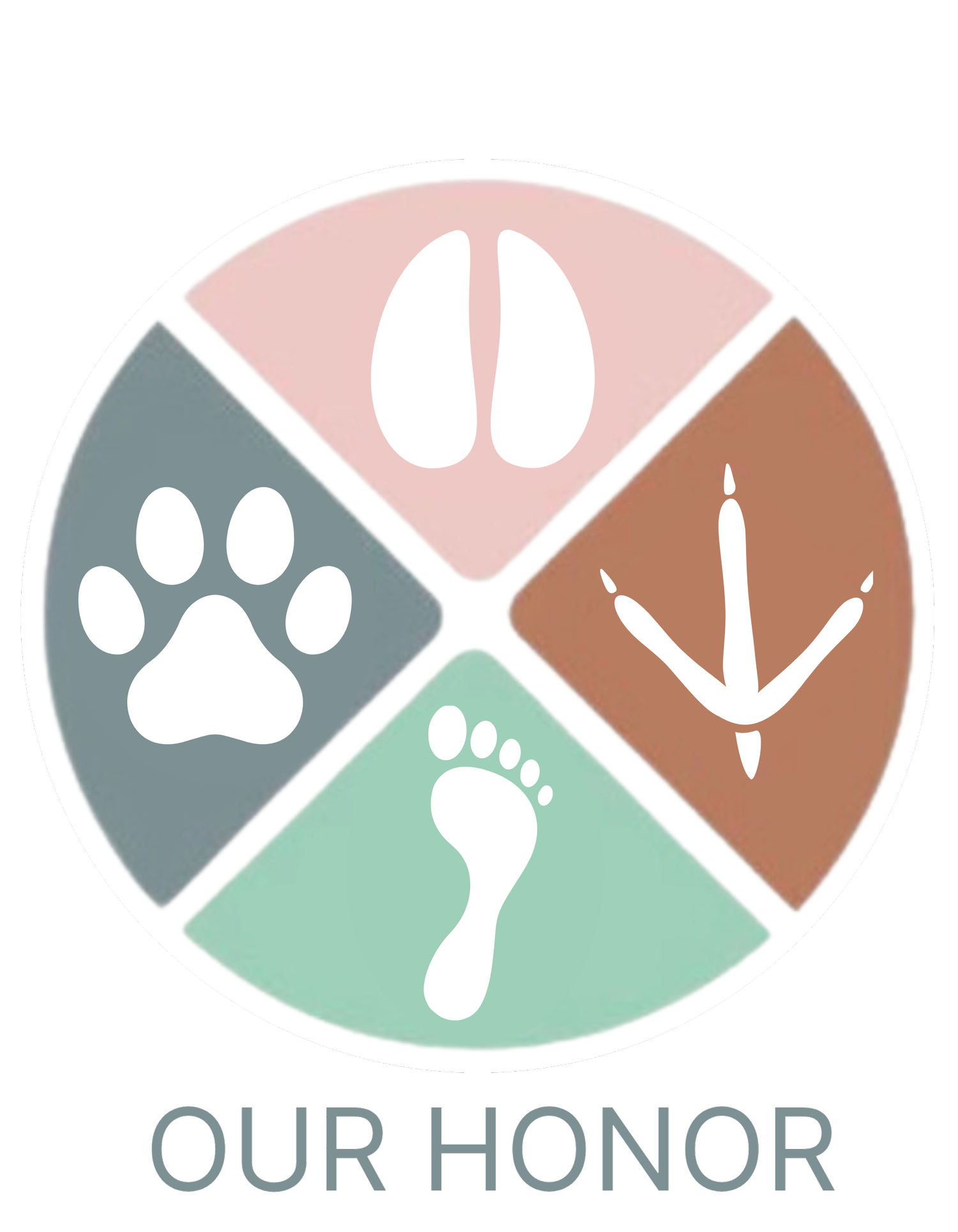Continuing Education

Quantifying Animal Suffering: The Welfare Footprint Framework with Cynthia Schuck-Paim
Description:
RACE-Approval Pending for 1.0 CE Credits, Course #20-1174394 UPDATE: DENIED RACE-Approval on June 11, 2024
To effectively improve the lives of animals, a clear understanding of the impact of different welfare harms, living conditions and risk factors on welfare is essential. In this workshop we teach participants how to quantify animal suffering using the Welfare Footprint Framework, an analytical method increasingly used to inform decisions by reserchers, organizations and analysts from different areas (https://welfarefootprint.org/)
Participants will be able to:
(1) describe, estimate and compare the pain from different diseases and injuries with a friendly notation method and universal metric
(2) estimate how much suffering is associated with different welfare challenges, production systems and animal-sourced products
(3) compare, quantitatively, the welfare impact of interventions, laws and standards to reduce animal suffering
60 minutes lecture time.
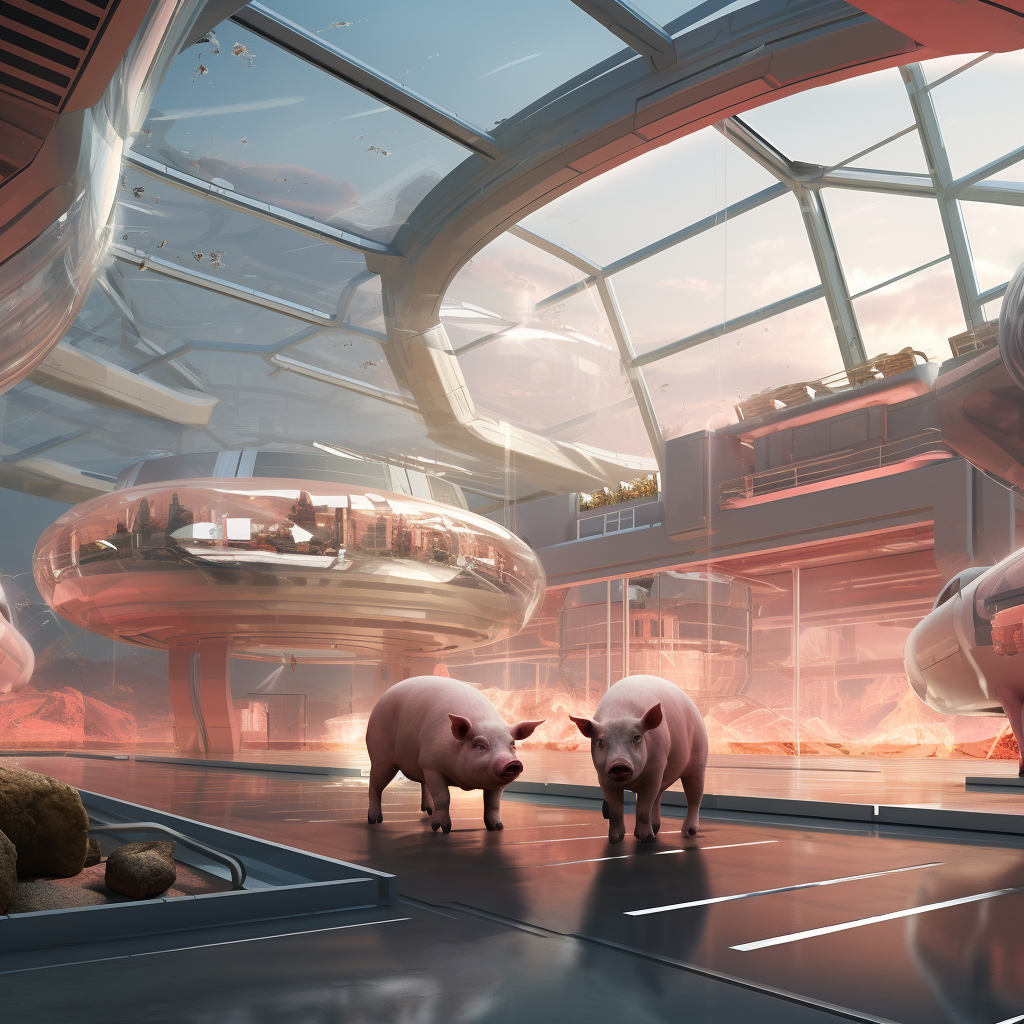
Treated Like Animals: Unpacking the Use and Abuse of Human and Nonhuman Animals in U.S. Slaughterhouses with Marek Muller, Ph.D
Description:
RACE-Approval Pending for 0.5 CE Credits, Course #20-1174396 UPDATE: DENIED RACE-Approval on June 11, 2024
This presentation is based on my academic publication regarding the violence experienced by livestock animals en route to slaughter and the human workers whose job it is to slaughter them. The emphasis is on industrial, large-scale slaughter industries. The presentation emphasizes the physical, psychological, and social consequences experiences by both the humans and livestock animals in the abattoir as they come into contact with one another. Livestock animals experience massive welfare violations whereas workers are subject to harmful working conditions. Both parties are rendered 'socially dead' by virtue of their identity characteristics: species, ethnicity, and/or class. Thus, participants will learn the necessity of forging an 'unholy alliance' wherein advocacy is necessary not only for slaughtered animals and not only for abused laborers, but for both simultaneously and in direct relation to one another.
Students will learn about the psychological, physical, and social tolls experienced by laborers in U.S. industrial slaughterhouses. They will learn about the animal welfare violations that occur in slaughterhouses prior to and during slaughter. They will learn how these are not separate issues, but interrelated ones.
30 minutes lecture time.
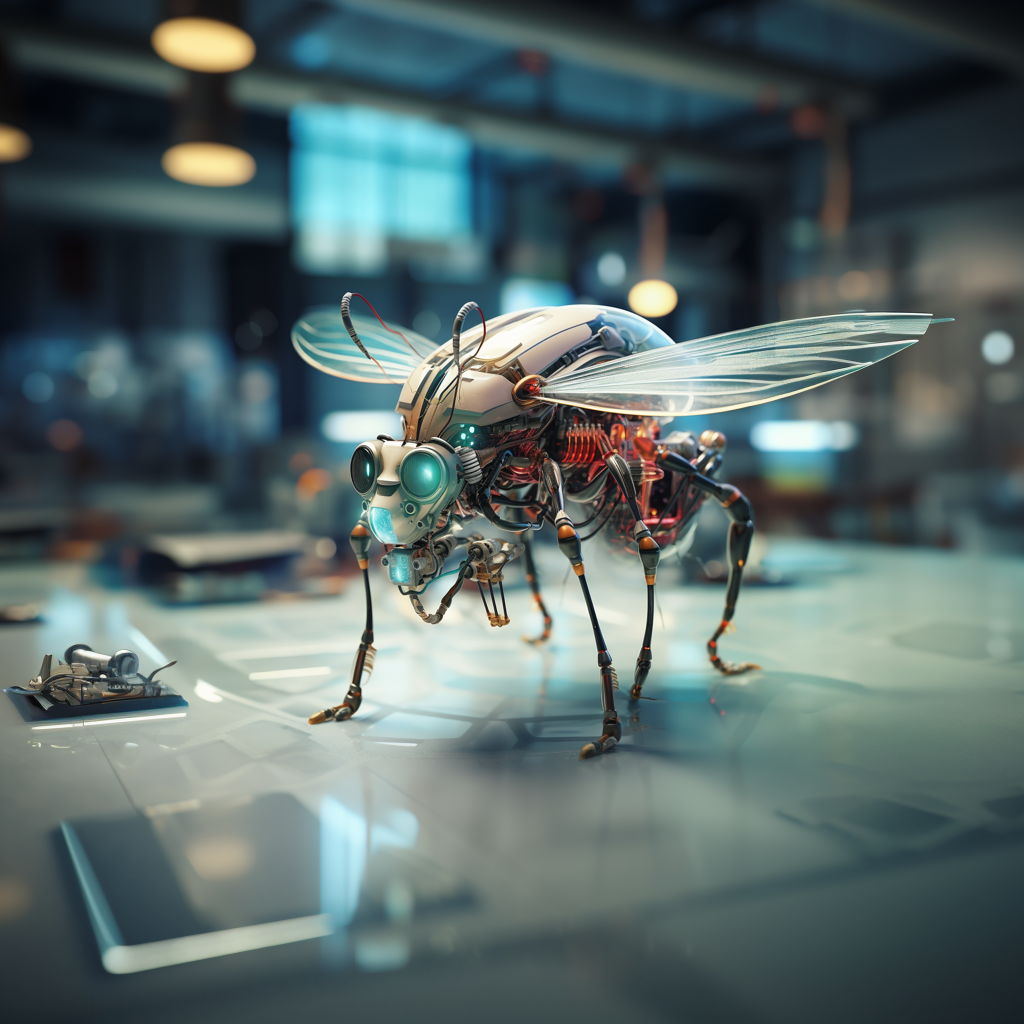
Animal Rights & the Law: How Courts & Legislatures Address the Concept of Animal Rights with Aimee Sukol
Description:
RACE-Approved for 1.0 CE Credits, Course #20-1171732
Attendees can expect to learn how and when animal rights have been addressed in US courts and legislatures and where the movement may be headed moving forward. Attendees will gain a deeper understanding of animal rights in the United States; gain a clearer understanding of how legislatures & courts reflect culture; and help veterinarians make confident choices in their communication with customers and delivery of service.
60 minutes lecture time.
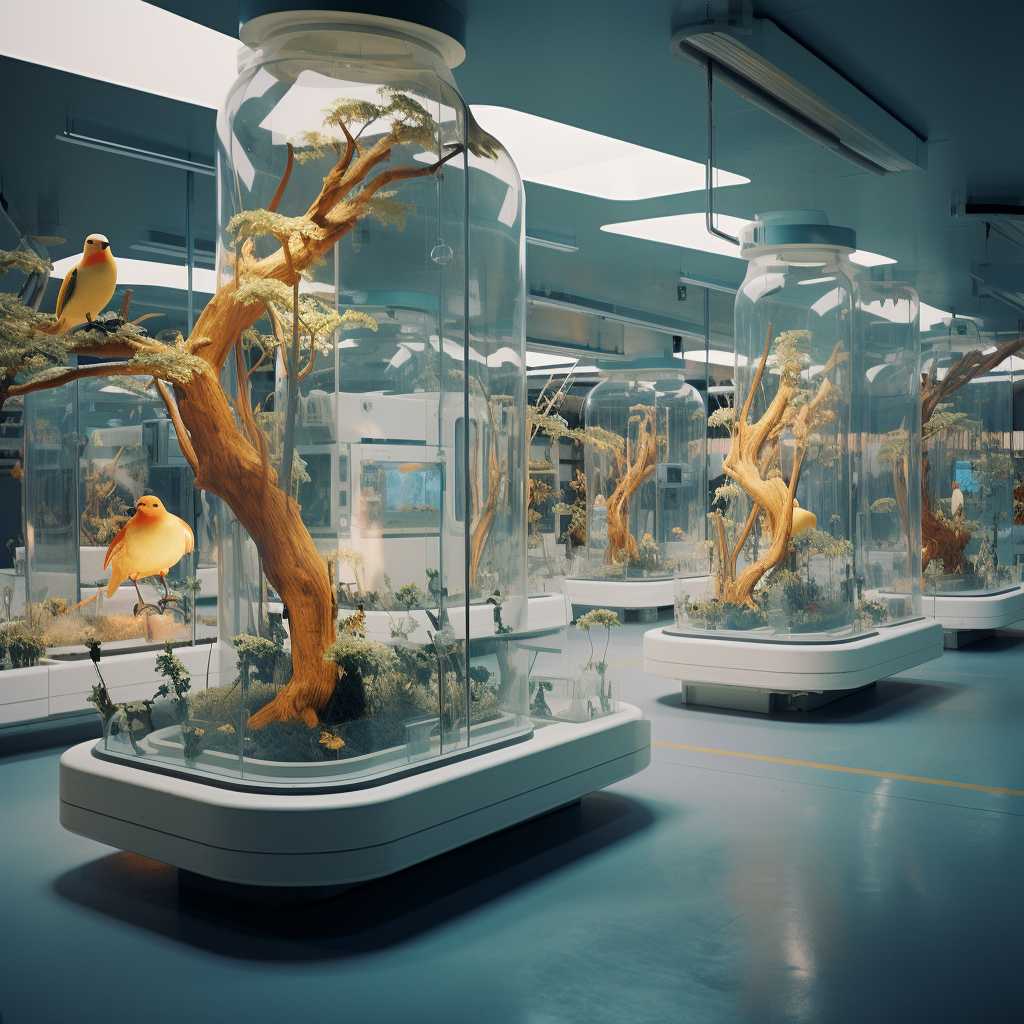
Chicken cognition and its implications for welfare with Dr. Michael Pardo
Description:
RACE-Approved for 1.0 CE Credits, Course #20-1124238
This lecture will provide an overview of the scientific research on chicken cognition, including but not limited to abilities such as self-control, mathematical reasoning, empathy, social learning, and Machiavellian intelligence. Implications for chicken welfare given current agricultural practices will be discussed.
Learning Objectives:
Gain a better understanding of the cognitive complexity of chickens - Learn some examples of how non-invasive experiments can be used to study the internal states of animals - Learn about standard agricultural practices in the egg and poultry industries - Understand why current agricultural practices fail to meet the basic welfare needs of chickens
60 minutes lecture time.
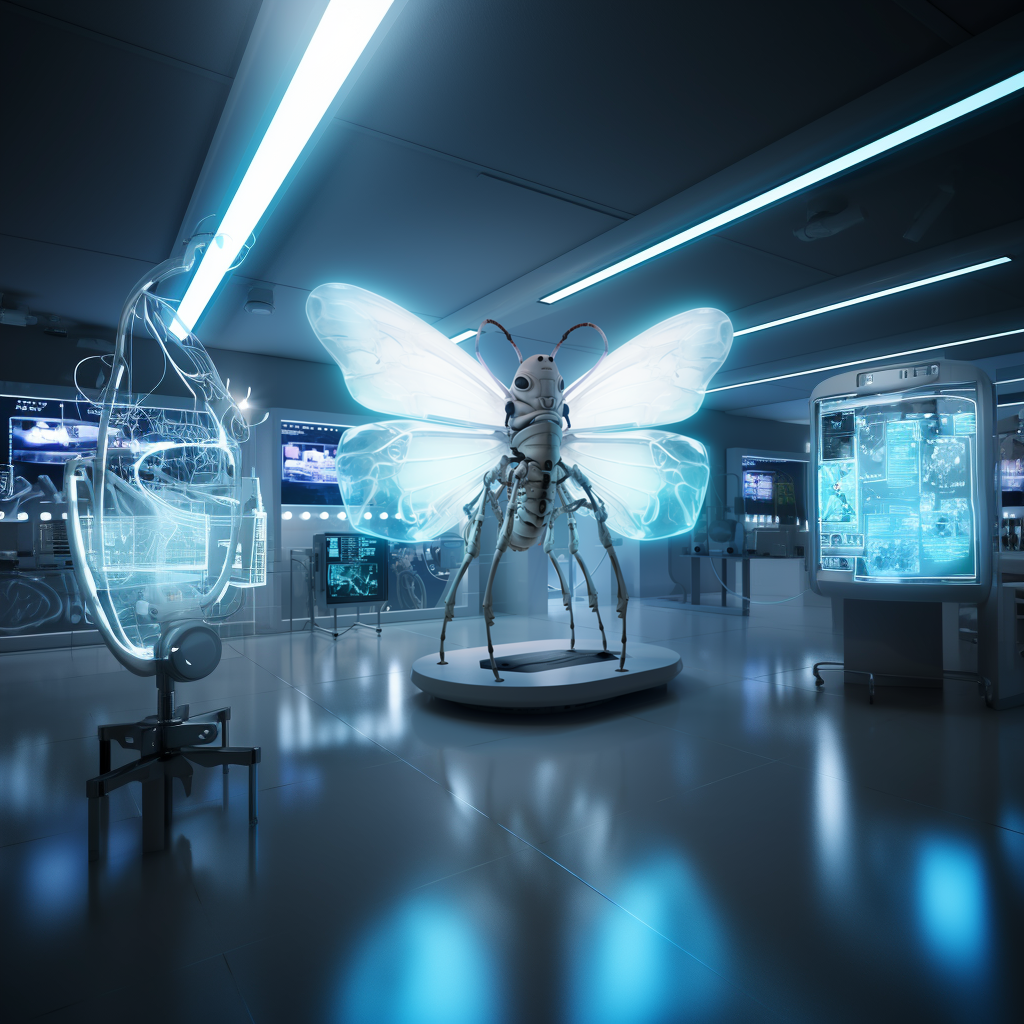
Introduction to Farmed Insect Welfare with Dr. Meghan Barrett
Description:
RACE-Approved for 1.5 CE Credits, Course # 20-1112812
Over 1.2 trillion insects are reared as food and feed each year, more than 20x the number of farmed terrestrial vertebrates. Despite the number of livestock animals being reared, no legislation or best practice documentation exists to guide the industry in promoting species-specific welfare. This course will cover 1) the current and predicted scale of the farmed insect industry; 2) the state of the evidence on insect pain and sentience; 3) the species of insects currently farmed; and 4) case studies of species-specific farmed insect welfare concerns. The presentation will end with Q & A before a short group activity on the intersection of veterinary medicine and farmed insect welfare.
Learning Objectives:
1) Know the main species of farmed insects, their use, and the global scale/trajectory of the insects as food and feed industry.
2) Understand the empirical evidence and uncertainties in the field of insect sentience and welfare.
3) Understand some basic information about insect biology, mostly in the context of diversity in morphology, physiology, cognition, and life history strategies.
4) Apply knowledge of insect welfare to farmed conditions to address some current species-specific welfare concerns on farms with the best available scientific evidence.
5) Develop and implement strategies for the role of veterinarians in promoting farmed insect welfare.
90 minutes lecture time.

Should Dogs and Cats Go Vegan? with Dr. Andrew Knight
Description:
RACE-Approved for 1.0 CE Credits, Course # 20-1109510
The environmental impacts of meat-based pet food (e.g., land and water use, fossil fuel consumption, greenhouse gas production, pesticide and fertilizer use, and impacts on biodiversity loss) are globally significant. Given increasing pet ownership globally, "food" animal use for pet food is rising. However, alternative pet foods based on novel protein sources, such as plants and seaweed, insects, yeast, fungi, and laboratory-grown meat, are rapidly developing. Vegan pet foods are most developed. These use plant, mineral, and synthetic sources to supply necessary nutrients. In 2020 I surveyed 4060 dog or cat guardians to investigate determinants of pet food purchasing decisions, as well as health, behavioural and other outcomes using different diets. I also surveyed 29 pet food manufacturers to determine whether nutritional soundness and quality control of plant-based pet foods differed from meat-based diets. Results from these and other studies indicate that the healthiest and least hazardous pet foods are nutritionally sound vegan diets. Detailed analysis of feeding behaviour indicates dogs and cats generally find such diets as palatable as conventional diets. And manufacturers of plant-based pet foods appear to adhere to quality control standards at least as good as those used in the creation of conventional diets. The environmental and animal welfare benefits of plant-based and alternative diets are profound. These factors are driving a rapid expansion of this sector.
Discloser Statements:
In recent years the author has received research funding from the Food System Research Fund, pet food companies and food awareness organisation ProVeg International. These funders played no role in study conceptualisation, design, data collection and analysis, preparation of resultant manuscripts, nor decisions relating to publication.
Learning Objectives:
Attendees will learn:
- Overview of recent evidence concerning vegan dog and cat diets
- health outcomes, palatability, and environmental sustainability of vegan dog and cat diets
60 minutes lecture time.

An Introduction to the Science of Animal Welfare with Jeremy Marchant, Ph.D.
Description:
RACE-Approved for 1.0 CE Credits, Course # 20-1113892
The lecture will cover the development of animal welfare as a scientific discipline in its own right over the last 60+ years. It will discuss the emergence of public concern over intensive livestock production and early publications that shaped the subject area. How did this concern spawn the welfare science field, how did it 'evolve', and how is it applied in the assessment of welfare in experimental studies and on farm.
Learning Objectives:
Attendees will gain an understanding of the history of animal welfare science. They will learn how animal welfare is defined scientifically and how it is measured in experimental and commercial settings, and how the science may be integrated into animal protection legislation.
60 minutes lecture time.
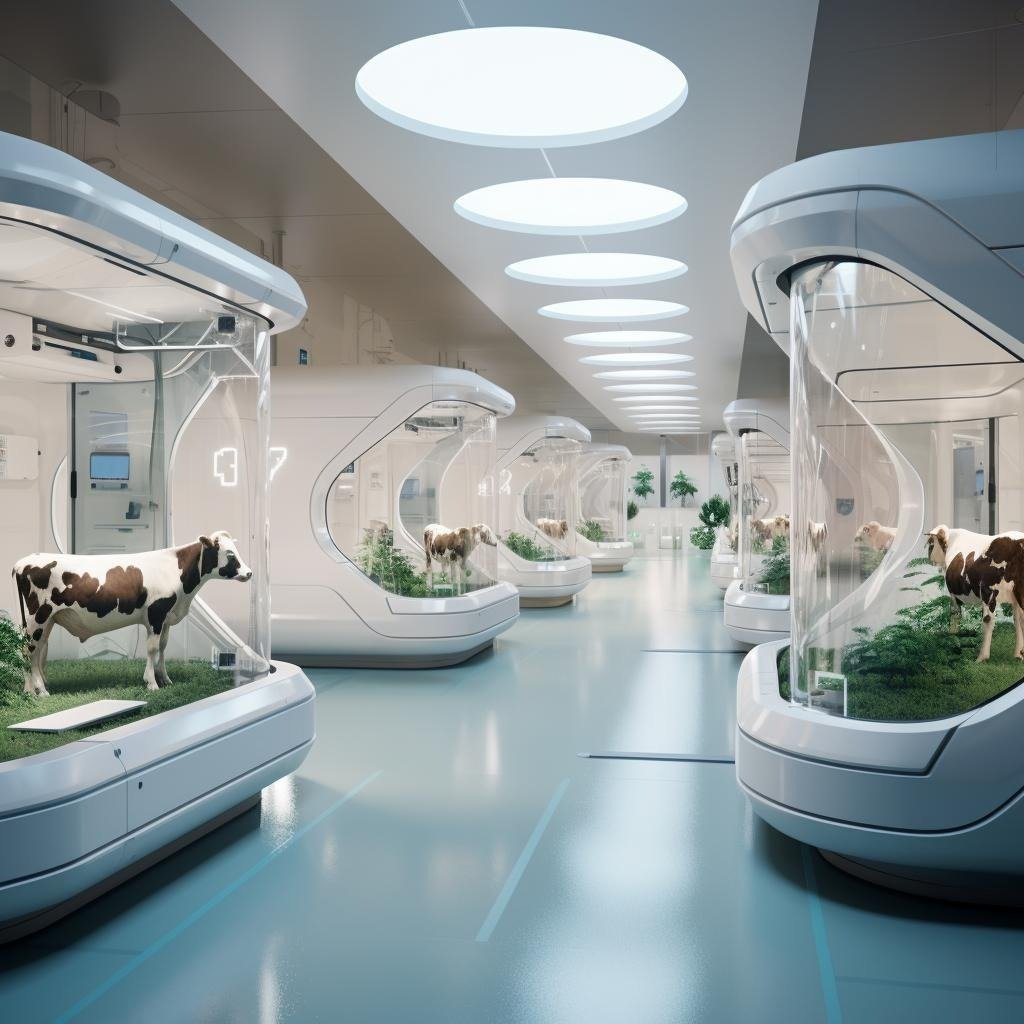
The Environmental and Social Impacts of Livestock Production (or, Sorting the Beef from the Bull) with Rachel Mason, P.h.D.
Description:
RACE-Approved for 1.0 CE Credits, Course # 20-1109506
This 1-hour presentation will discuss the environmental and social impacts of livestock production. It will focus on greenhouse gas emissions and water pollution, but will also touch on issues such as feed-food competition and antimicrobial resistance. The talk will explain why these impacts arise, how they differ between different kinds of production, and the trade-offs involved in attempting to reduce them.
DISCLOSURE STATEMENTS: Rachel Mason received research funding from the Tiny Beam Fund (a foundation that addresses the negative impacts of industrial food animal production in low- and middle-income countries), and Animal Charity Evaluators (an organization aimed at reducing harm to farmed animals). While I do not believe this represents a conflict of interest, I am listing it in the interest of full transparency.
Learning Objectives:
Attendees will be able to:
- State the main unintended consequences of livestock production
- Explain why livestock production has these effects on the environment and public health
- Understand why scientists sometimes come to different conclusions and make conflicting recommendations
- Describe three possibilities for the future of the food system
60 minutes lecture time.
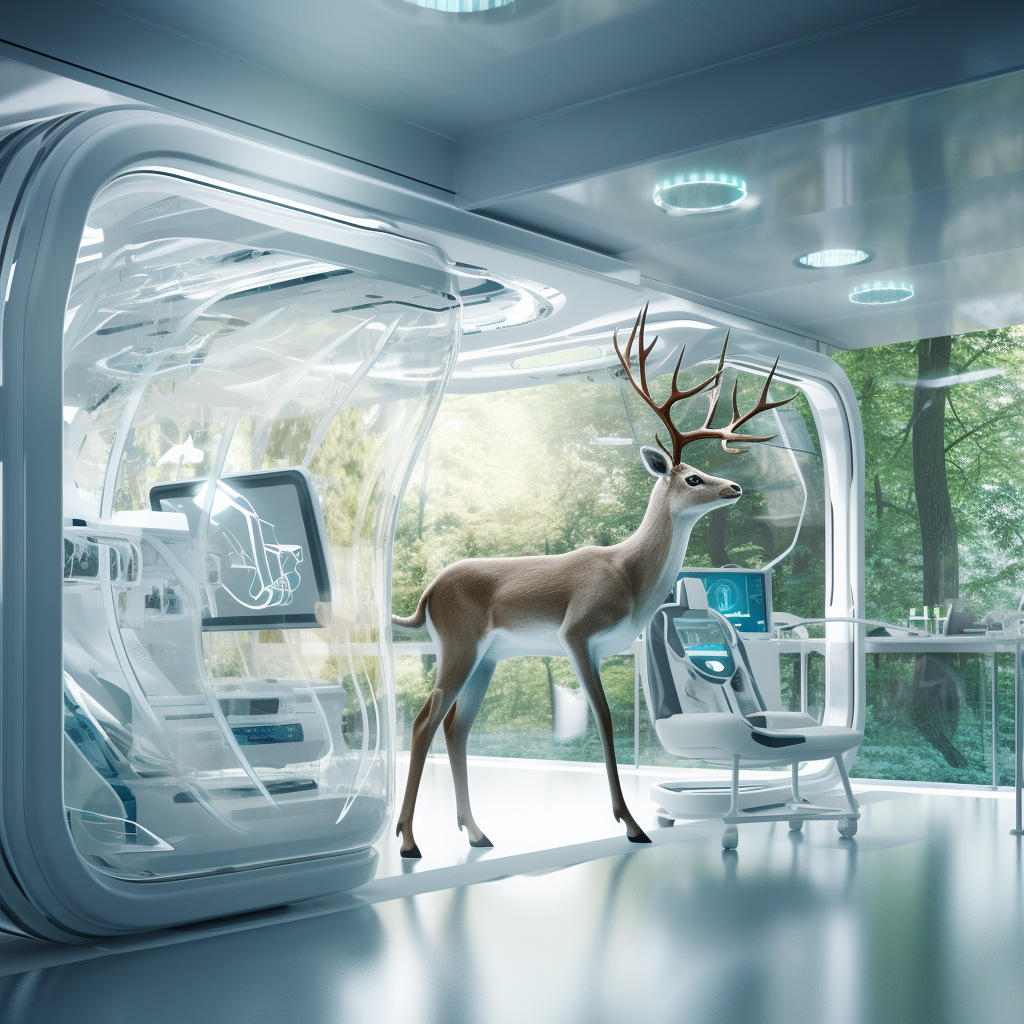
Humane innovations and alternatives to animal experiments in veterinary education and training with Nick Jukes of InterNICHE (1.5 CE Credits)
PROGRAM DESCRIPTION:
RACE Program #20-1106404 1.5 Hours RACE-Approved Credits
The design and evolution of the curriculum for veterinary education and training involves choices about the methods employed to meet teaching objectives. Ensuring that these tools and approaches are the most appropriate requires clarity on teaching objectives and the required skill sets, and an awareness of developments in technology, educational practice and ethics. Animal experimentation and the dissection of purpose-killed animals continue to be employed in some practical classes. However, humane and innovative methods – ‘alternatives’ – are now widely available and are increasingly being implemented in university departments and skills labs to achieve replacement and to enhance the acquisition of knowledge and skills. This transition reflects a growing commitment to best practice, a recognition of the advantages of alternatives, and an appreciation of the need for efficient methods that can meet the demand for competence upon graduation, as well as opportunities for continuing education and training. In this presentation, the humane methods are explored in detail, with a focus on teaching objectives and the skill sets that are addressed throughout the trajectory of a veterinary degree. Case studies of the development and implementation of these humane innovations are provided from university departments and producers at the forefront of progressive change in veterinary education and training. This exemplary practice is illustrated using footage from the InterNICHE documentary film series DVM: Training the Animal Doctor, specifically the new surgery episode. Through interviews, demos and student labs, the film demonstrates not only the feasibility of full replacement of harmful animal use, but the pedagogical advantages of non-animal methods and clinical learning opportunities that include technical competence as well as critical thinking and emotional and ethical literacy. The impact of this curricular transformation is described for students, educators, the animals, the veterinary profession, and society itself. The presentation will show that such tools and approaches are often no longer considered ‘alternative’ but are becoming the norm.
LEARNING OBJECTIVES:
Attendees will gain a thorough understanding of the types of humane innovations and alternatives that are replacing harmful animal use in veterinary education and training, and their advantages for knowledge and skills acquisition. They will have seen a case study for surgical training using an advanced synthetic trainer, with developers and educators sharing their experience of implementation both for students and for professionals. They will also gain insight from the identification of myths and misunderstandings regarding harmful animal use and alternatives, and from a comprehensive and critical look at teaching objectives, including the hidden curriculum. They will be aware of the growing momentum of curricular change that demonstrates an active transition to ethical education and training.

Welfare of aquatic animals in the food system with Catalina Lopez
Description:
RACE-Approved for 1.0 CE Credits, Course # 20-1108502
Introduction to the five pillars of welfare of aquatic animals in aquaculture and wild-capture fisheries industries.
Learning Objectives:
Attendees will learn:
- The latest scientific evidence of welfare of aquatic animals
- How to incorporate welfare interventions in aquaculture and fisheries settings
- The intersection between aquatic animal welfare and environmental protection, public health and livelihoods
60 minutes lecture time.

Which Meat is Meat? Combatting Racist Depictions of Non-Western Consumption Habits During Zoonotic Disease Outbreaks with Marek Muller, PhD
Description:
RACE-Approved for 0.5 CE Credits, Course # 20-1108370
Conversations about "wet markets" in Asia dominated headlines during the early states of the COVID-19 pandemic, which quickly molded into broader anti-Asian sentiment in news media coverage. This was not a one-off incident. In fact, zoonotic disease coverage often centers "foreign" consumption habits as main vectors for potential pandemic.
Learning Objectives:
Attendees will learn: - how language is used to frame certain meats as "good" and others as "bad" - how this language manifests during times of global pandemic risks through zoonotic disease - how depictions of meats like bushmeat draw upon racist histories and ethnocentric perceptions of hygiene, cleanliness, and civilized meat production & consumption - how these depictions often mask unhygienic, unclean, and violent meat production & consumption habits in one's own cultural context - more responsible communication practices that could be used to discuss food-borne risks during times of zoonotic disease.
30 minutes lecture time.
